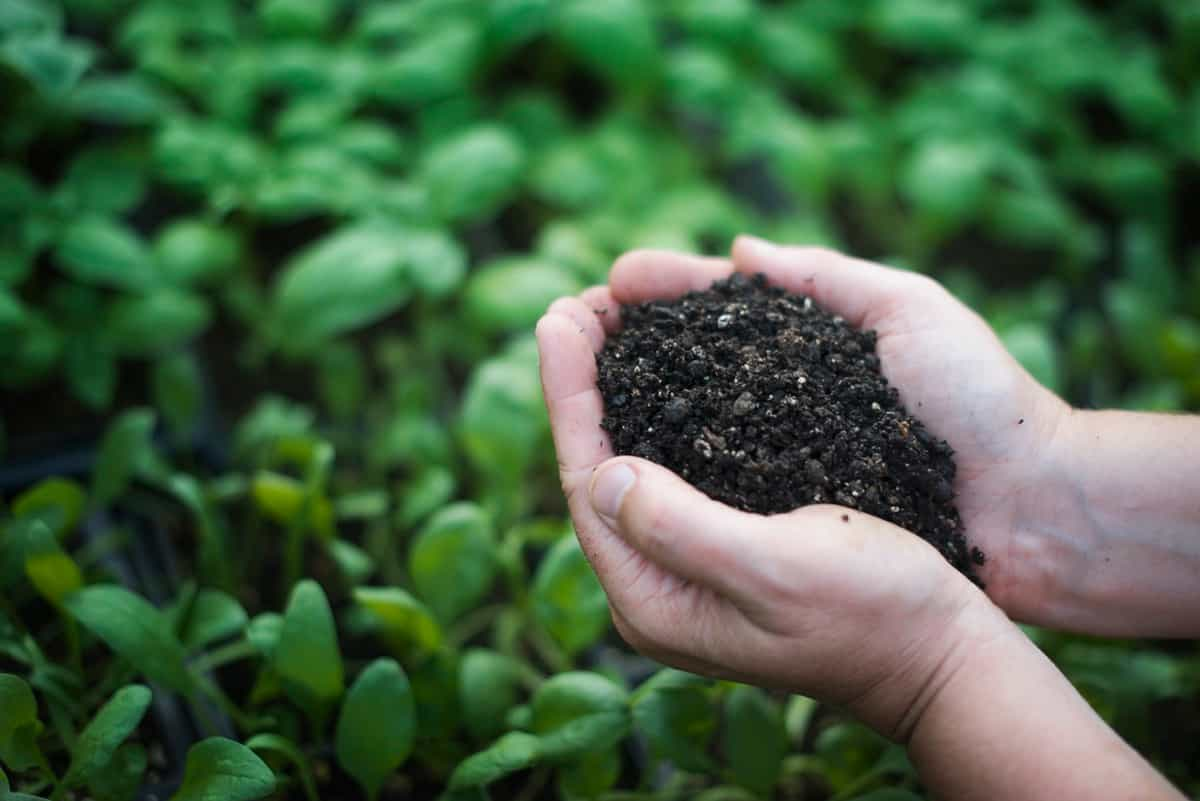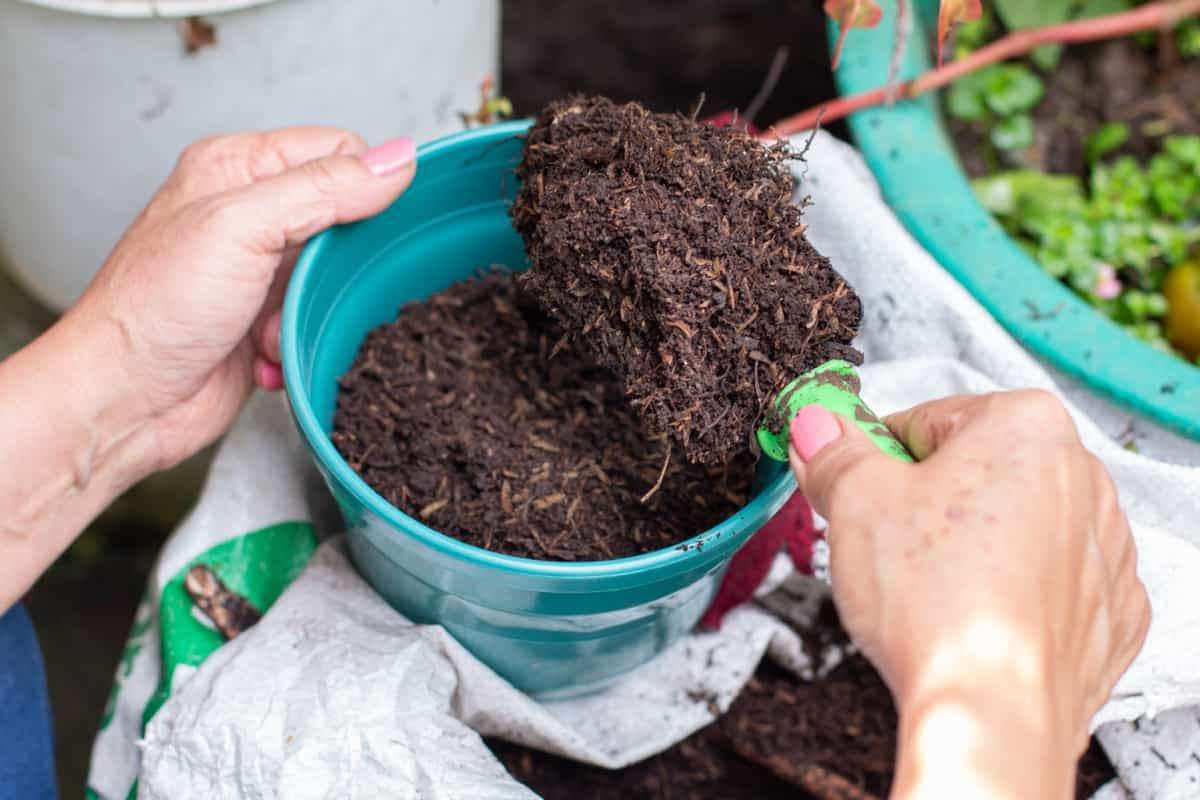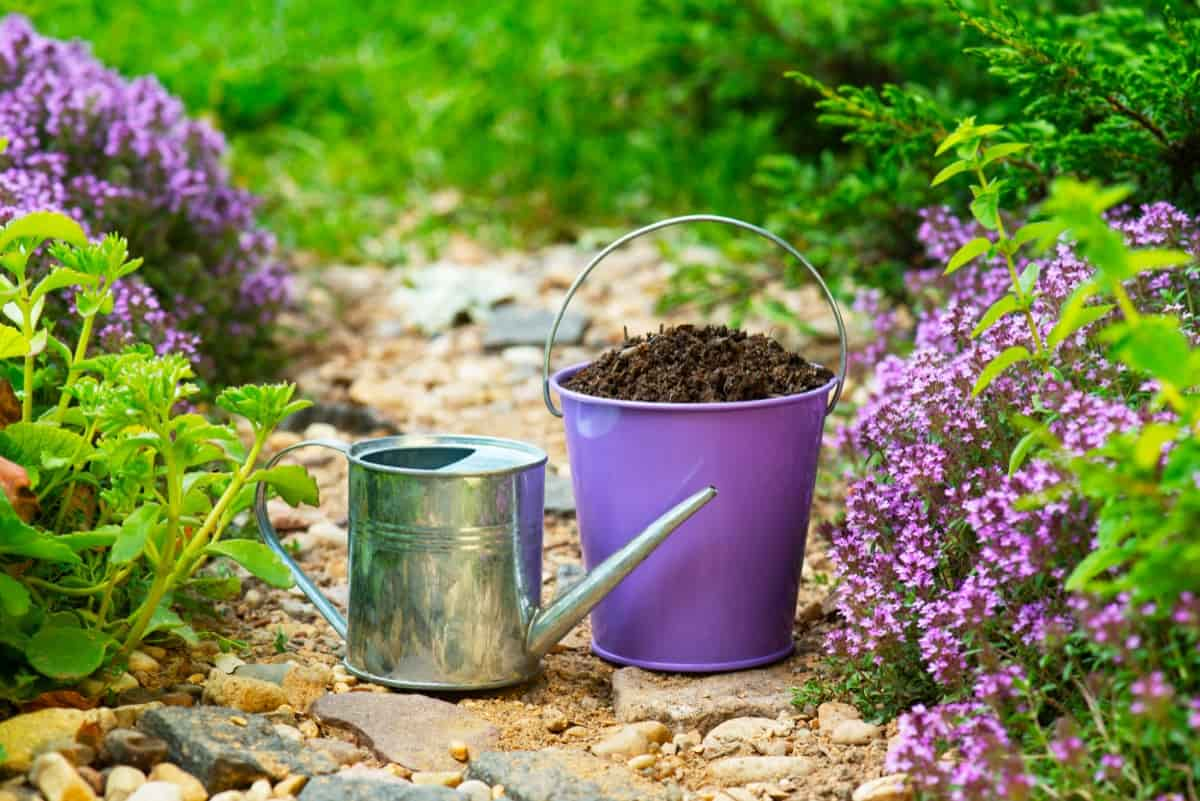In the world of gardening, compost is a renowned player. Among various types of compost, mushroom compost stands out due to its unique benefits. It is a type of compost that provides an optimum growing environment for plants and promotes their health in numerous ways. But what is the best way to use mushroom compost? It’s a question many gardeners may ask, especially those trying mushroom compost for the first time.

This article will dive deep into mushroom compost, exploring its benefits, how to make it at home, and the best ways to use it for different plants. But before that, it’s crucial to understand that not all plants love mushroom compost. Certain species have a preference for other types of compost or soil amendments. Thus, it’s essential to be aware of the plants that don’t like mushroom compost. That said, let’s begin our exploration of this unique compost.
Benefits of Mushroom Compost in Gardening
What is Mushroom Compost
Mushroom compost is a type of organic compost widely used by gardeners to enrich their soil. It’s produced from agricultural waste and by-products, such as straw, hay, poultry litter, or horse manure, used to cultivate mushrooms. Once the mushroom growing process is completed, this nutrient-rich compost remains, providing a wealth of benefits to garden soil and plants. It’s important to note that mushroom compost can have some disadvantages, especially when not used correctly. We will explore these later in this article.
Benefits of Using Mushroom Compost in Gardening
The advantages of mushroom compost are numerous, hence its widespread use in gardens worldwide. Enhancing soil with organic matter and nutrients is a major advantage. This nutrient-rich compost improves soil structure, enhances water-holding capacity, and supplies essential nutrients for plant growth. Moreover, using mushroom compost in raised beds can greatly improve the productivity of plants by offering a conducive environment for roots to thrive.
How to Use Mushroom Compost in Vegetable Gardens
So, what vegetables like mushroom compost? It’s a common question as vegetable gardens need specialized care. Many vegetables like tomatoes, cucumbers, and squash thrive when mushroom compost is added to their soil. The compost provides the nutrient boost these plants need for optimal growth. To use mushroom compost in a vegetable garden, spread a 2-3 inch layer over the garden bed and lightly till it into the soil. Mix it well with the existing soil to distribute the nutrients evenly.
Using Mushroom Compost for Flower Beds
Regarding flower beds, mushroom compost can yield lush, vibrant blooms. Like vegetables, many flowering plants, like roses, marigolds, and sunflowers, love the nutrients mushroom compost provides. Add a 2-3 inch layer of compost to the flower bed, then gently mix it into the soil. The compost enhances the soil’s fertility and water retention, providing a nurturing environment for flowers to flourish.
In case you missed it: Hydroponic Mushroom Farming: Simple Soilless Approach

Mushroom Compost as a Soil Amendment
As a soil amendment, mushroom compost can work wonders. It improves soil fertility by adding valuable organic matter and beneficial microorganisms. With great water retention, it keeps the soil from drying fast, lessening the need for frequent watering. Moreover, it can help to correct the pH balance of the soil. However, it’s vital to remember that mushroom compost has a higher pH, making it less suitable for acid-loving plants.
Is Mushroom Compost Safe for Organic Gardening?
Mushroom compost is safe for organic gardening, and it’s an excellent addition to an organic garden. It’s a by-product of the mushroom farming industry, making it a sustainable and environmentally-friendly choice. The compost is free from synthetic chemicals, making it a safe option for plants, beneficial insects, and soil-dwelling organisms. However, verifying its source is always recommended to ensure it’s free from contaminants.
Using Mushroom Compost for Container Gardening
Container gardening is increasingly popular, and mushroom compost has a significant role to play in it. Compost is an excellent soil conditioner for potting mixes. It provides nutrients when added to container plants while improving soil structure and moisture retention. Mushroom compost for garden containers helps ensure your potted plants have the right environment to thrive.
How to Make Mushroom Compost at Home
Now, how to make mushroom compost? Making mushroom compost at home can be a cost-effective and rewarding experience. Gather raw materials like straw, horse manure, poultry litter, or gypsum. Wet these materials and allow them to compost for several weeks, turning them occasionally for aeration. Once the material has been composted, it’s pasteurized to kill off harmful bacteria or pests. After pasteurization, the compost is ready for use.
Common Mistakes to Avoid When Using Mushroom Compost
Despite its numerous benefits, there are common mistakes to avoid when using mushroom compost. Over-application can lead to nutrient overload and harm plants. Also, it’s important to remember that not all plants like mushroom compost; for example, acid-loving plants like azaleas and blueberries may not do well. Moreover, using fresh mushroom compost is not advisable; it should be well-rotted before use. Finally, ensure the compost is free from contaminants, especially if it’s sourced from commercial growers.
Balancing the Use of Mushroom Compost with Other Organic Materials
While mushroom compost is highly beneficial, it’s also crucial to balance its use with other organic materials for optimal soil health. Organic materials like leaf mold, well-rotted manure, or homemade compost can provide a wider range of nutrients and beneficial organisms to the soil.
These materials also help to improve soil structure and enhance its water-holding capacity. A balanced mix of organic materials ensures a diverse supply of nutrients to your plants, fostering a healthier and more productive garden. Always remember that mushroom compost, while an excellent soil amendment, is just one part of the broader soil fertility management strategy.
Understanding the Long-term Effects of Mushroom Compost
Understanding the long-term effects of mushroom compost on your garden is another essential step. Regularly adding mushroom compost to your garden over many years can gradually increase the soil’s pH level, making it more alkaline. While this benefits some plants, it can harm others, especially those that prefer acidic soil conditions.
In case you missed it: How to Grow Mushrooms in Greenhouse: A Step-By-Step Guide for Seed to Harvest

Regular soil testing is a good practice to monitor any changes in your garden’s pH level and nutrient availability. This knowledge enables you to adjust your soil management practices accordingly, ensuring your garden remains healthy and vibrant for years.
Conclusion
Mushroom compost is a versatile and beneficial addition to any garden. Its unique characteristics offer numerous benefits to plants, from providing essential nutrients to improving soil structure. Using mushroom compost correctly boosts your garden’s full potential. Always remember to use it judiciously and consider the specific needs of your plants for the best results.
- Feed Your Flock for Less: Top 10 Tips to Save on Chicken Feed
- Ultimate Guide to Ossabaw Island Hog: Breeding, Raising, Diet, and Care
- Hatching Answers: The Top 10 Reasons Your Chickens Aren’t Laying Eggs
- Eggs and Economics: Breaking Down the Cost of Raising Backyard Chickens
- Defend Your Greens: Proven Methods to Keep Iguanas Out of Your Garden
- Ultimate Guide to Cinnamon Queen Chicken: A Comprehensive Guide for Beginners
- Ultimate Guide to California Tan Chicken: Breeding, Raising, Diet, Egg-Production and Care
- Ultimate Guide to Marsh Daisy Chicken: Breeding, Raising, Diet, and Care
- 10 Types of Chicken Farming Businesses You Can Start for Profits